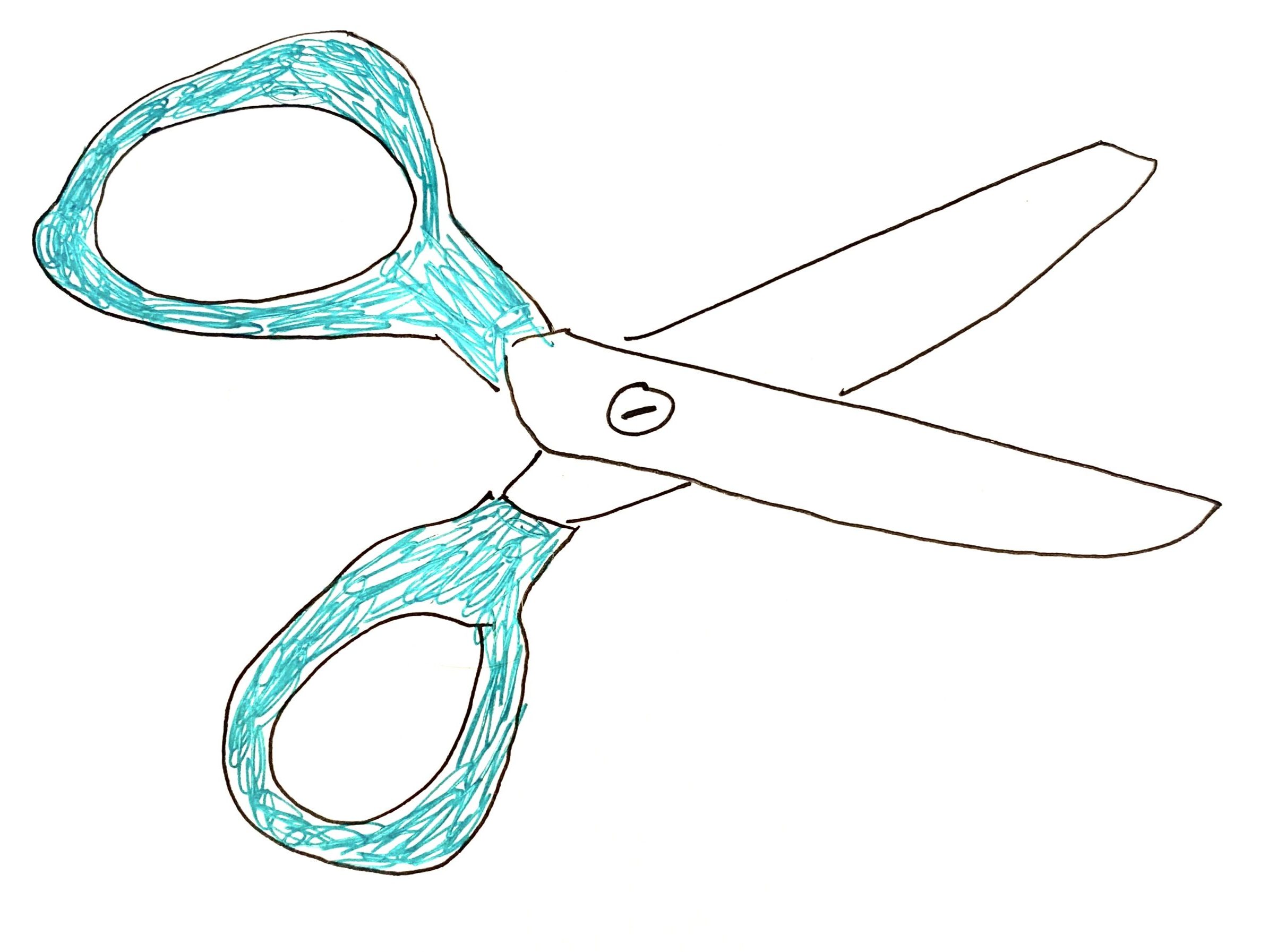COMP 01112: College Composition II
Current syllabus: Spring 2025
The primary argument of this FYW course is that the speed and reach of digital writing — manifesting primarily via social media — has not only changed our relationship to the very idea of what counts as research and writing, but what’s even real. This course is therefore designed to grapple with that argument by engaging in practices of media literacy. These practices operate on two important premises: (1) Facts are established by consensus, or a general agreement by reliable, credible sources in the know. This is a time consuming process that often requires a rich understanding of institutions, their discourse communities, and how their texts circulate. (2) Methods of verification are necessary for understanding what we know. In a digitally-networked and increasingly automated environment, audiences must increasingly scrutinize claims, trace trails of evidence, and evaluate sources in their pursuit of truth.
MAWR 01618: Cultural Criticism
Current syllabus: Fall 2023
This special topics graduate course focuses on the purpose, methods, and sites of criticism, exploring how such writing attempts to make sense of the objects of culture, including video games, television, film, music, books, food and fashion. Students engage with examples of pop culture, read historical and contemporary works of criticism, and participate in workshops that will help them practice writing and publishing in three primary genres of criticism: review writing, personal essay, and cultural analysis.
WA 1301: Writing, Research, and Technology
Current syllabus: Spring 2023
Writing, Research, and Technology is an advanced core requirement in the Writing Arts sequence that teaches students how to research and compose in digitally-networked environments. Students inquire into contemporary exigencies related to technology; learn to read, analyze, and compose electronic genres and texts; and engage with a variety of interfaces while reflecting upon their affordances and limitations. My version of Writing, Research, and Technology begins by emphasizing the socio-political context of networked technology as it relates to citizenship and the future of democracy in the United States. As such, I introduce students to the concept of “post-truth” especially as it applies to online environments, emphasizing moments of unchecked virality on social media and the affect and emotions that drive us to share information without critically engaging with it.
WA 01356: Self-Publishing
Current syllabus: Fall 2022
This course — which is part of the Publishing and Writing for the Public concentration in the major, as well as Rowan’s Independent and Entrepreneurial Media certificate — considers the histories, theories, and practices of self-publishing and the do-it-yourself ethos behind such publications. Students examine the degrees to which writers make and circulate texts on their own and the choices required along the way — the media chosen, the tools fashioned, the communities formed, and the risks taken throughout the process — as well as experiment with a variety of texts and platforms available in print and online.
WA 01375: Writing About Pop Culture
Current syllabus: Spring 2023
Writing About Pop Culture considers the different approaches writers take as they situate, analyze, and evaluate pop culture through its various forms of writing, including reviews, interviews, listicles, features, and digital media. Students read from these genres and learn how critics think about them, both before publication (as part of their listening, viewing, reading, and writing process) and after. We also explore what’s “popular” and “cultural” about pop culture — and the subjects, objects, and genres that authors and outlets choose to write about. We talk about ethical concerns about representation, inclusion, credibility, commercialism, and objectivity and grapple with problems that writers and editors encounter when writing about pop culture — how to research artistic context; deal with troubling or challenging subjects; and qualify one’s tastes, perspectives, and preferences. Students also develop vocabularies for understanding some of the competing interests involved in pop culture, including the creative industries, fans, consumers, artists, genres, as well as the critics and outlets themselves.
WA 01200: Introduction to Writing Arts
Current syllabus: Spring 2021
Introduction to Writing Arts is the required, initial course Writing Arts majors or minors must take at the beginning of their sequence. This course aims to introduce students to foundational concepts and practices in composition studies which they will build upon in subsequent coursework. To help them understand these concepts, and to introduce them to a variety of expertise and pedagogies they’ll encounter in Writing Arts, the course is co-taught by three Writing Arts faculty. While the class convenes as a large group of sixty students at the beginning and end of the course, most of it is organized by three distinct modules — The History and Impact of Writing, Issues in Writing, and Technologies and the Future of Writing — which meet for eight classes before they rotate. In each semester I’ve taught this course I was responsible for the Technologies and the Future of Writing module. In my version of this module, students engage with a variety of digital resources and media in a computer lab — including sound recording technologies and web applications — to compose a text that circulates on a public website that I call The Phono Project.
WA 01445: Senior Seminar (Methods of Analysis and the Evaluation of Writing)
Current syllabus: Fall 2018
Methods of Analysis and Evaluation of Writing is the required senior seminar capstone in the Writing Arts major, intended to teach students ways of assessing texts and enacting modes of criticism by introducing them to a variety of theories and lenses available in the field of writing and rhetorical studies. Many students take the course concurrently with the 1-credit Portfolio Seminar, which requires seniors to incorporate at least one paper from this course as they demonstrate the ways in which they understand the Nine Core Values of Writing Arts. In my take on this course, students explore a range of theories and methods of rhetorical analysis, from those fundamental to the field, to those developed specifically for digitally-networked scenes that complicate the everyday roles of writers and readers.
